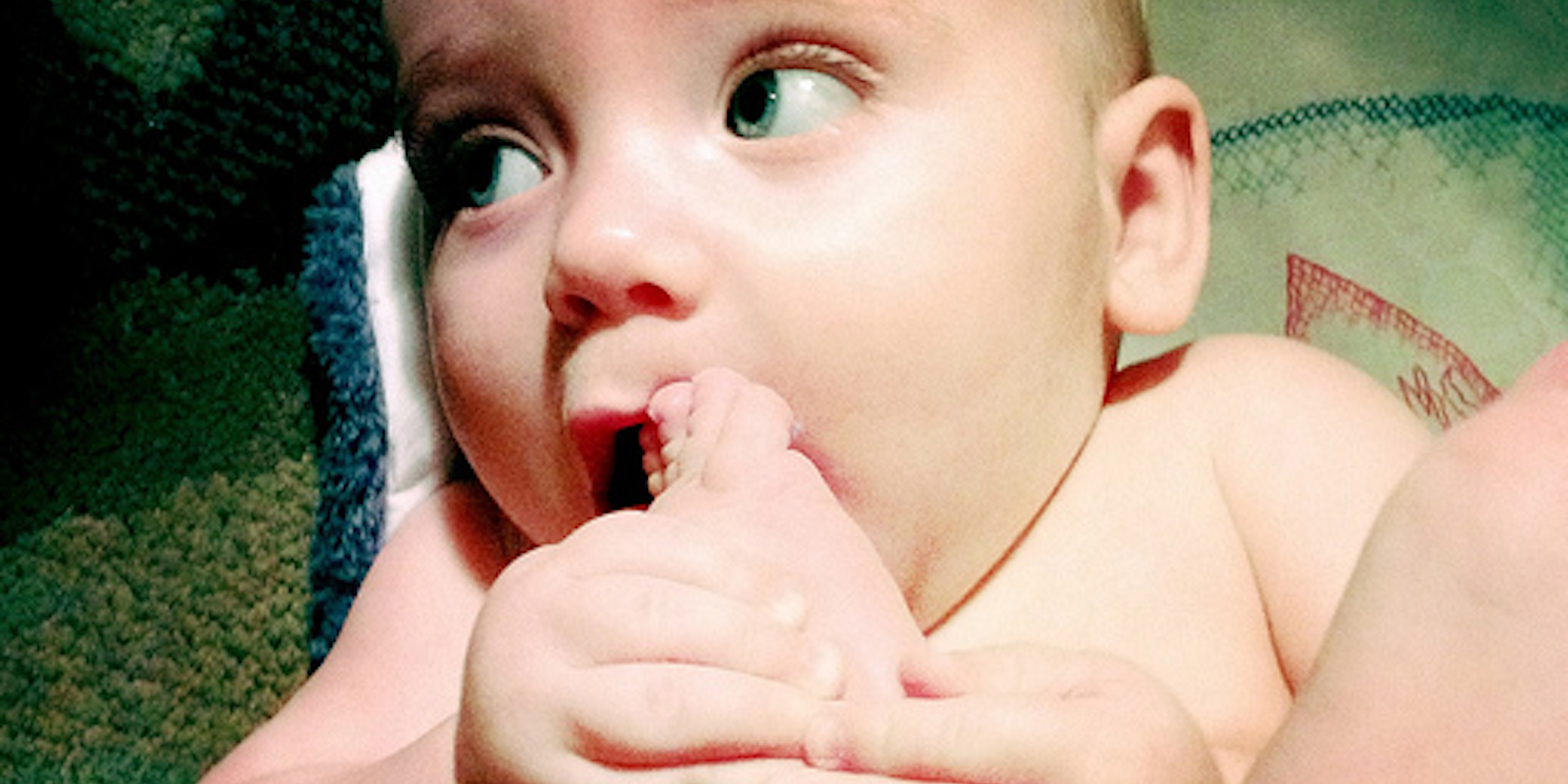Google has backtracked on Thursday’s new Content ID system announcement, saying today that the company won’t have as much to do with the Content ID appeals process as it had originally claimed.
In a Thursday blog post, YouTube team member Thabet Alfishawi wrote that disputed claims within the automated copyright management platform would be handled by a team at Google.
In actuality, those disputes will go directly to the content owners, who can then choose to release the claim or file a DMCA (Digital Millennium Copyright Act) takedown notice.
“This process prevents disputes that arise when content not owned by a partner inadvertently turns up in a reference file,” Alfishawi wrote in an amended blog post. “Smarter claim detection minimizes unintentional mistakes. Of course, we take action in rare cases of intentional misuse, up to and including terminating Content ID access.”
Passing the buck to the content owners is a far cry from handling each Content ID dispute themselves, but it stands to reason that Google wouldn’t want to take on that burden. YouTube users upload 72 hours of video every minute of every day, and there are all sorts of Content ID disputes lurking in that giant mess.
In May, Techdirt insider Craig Mansfield determined that it would cost Google $36,829,468,840 per year to manually review all the content on YouTube. And with more than 500,000 hours of Content ID reference files in the system, some back-of-the-napkin math tells us that it would cost somewhere between a $1 billion and $10 billion to fund operations on a review system this grandiose.
Still, the company should be chastised for not proofreading its blog posts.
What’s more, Google has left several important questions about the review process unanswered.
Pressed by Wired on Thursday, Google declined to elaborate both on what constitutes a “suspicious” flagging and what it means for the content owner to have the option to analyze a user-uploaded video and determine whether it is a breach of copyright.
Photo via AshleyNYCPics/Flickr
